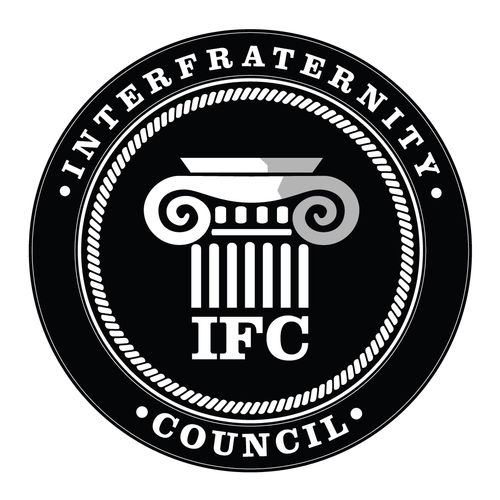Interfraternity Council President Responds to Rush Postponement

Courtesy of Columbus State University Greek Life
January 31, 2018
The University’s decision to postpone fraternity recruitment has had a significant impact on each of the eight fraternities on campus.
The former Interfraternity Council President, Stephen Wilm ’18, an active member of Phi Sigma Kappa, was stunned to see the email that notified him of the immediate action.
His role as the IFC President included a close working relationship with the Office of Student Involvement, as well as tremendous oversight of each of the fraternities on campus.
The overall feelings toward Greek Life, not only at the University but in Philadelphia and Pennsylvania, are negative. For example, in reaction to the events that have taken place at Pennsylvania State University, Temple University in Philadelphia has decided to not have any official fraternity events this semster.
So, although Wilm understands why action was taken by the University and that a response was necessary, he feels it may not be in the best interest of the students.
Wilm’s initial reaction to the University’s decision to postpone fraternity recruitment was that most of the fraternities would be inclined to have underground pledge classes.
Wilm added that he believes that this would be “unfortunate,” but he ultimately believes that it is inevitable. Underground activity may possibly risk all fraternities’ charters on campus, and in turn, sororities’ as well.
Wilm believes the inevitable underground recruitment is due to the fact that freshmen members are the most important to each fraternity.
Furthermore, Wilm believes upperclassmen are not as invested or attached to their fraternities as new members. Wilm states that “the strongest members are those on campus.”
He acknowledges how the University believes that it is taking actions in the best interests of the safety of students, but in his opinion, the postponement may backfire and push each fraternity farther away from the University.
In addition to this, some of the fraternities on campus understand why action was taken by the University, but they do not agree with the way the decision was handled.
Some fraternities claim that the University did not communicate any ideas or concerns about Greek Life on campus leading up to its decision to cancel this semester’s fraternity rush. The fraternities claim that the University emailed each chapter’s president in a mass email just four days before the start of the Spring semester.
One active fraternity member, who asked to not be identified, spoke to the overall feelings about the recruitment cancellation in a text message.
“I personally think it’s really unfair to both the fraternities and the freshmen,” he said.
He continues to say that, “[The fraternities] look forward to having new members to add to our brotherhood because that is a huge part of enhancing our Villanova experience,” he said.
“[Each fraternity] loses the opportunity to recruit guys that we think fit the mold of the ideal brother and it’s just unfortunate because we lose the ability to get guys that we like to get close to us and create relationships with.”
Freshmen males and upperclassmen believe that they are missing out on opportunities to enjoy the University socially and are concerned about fraternity numbers.
In order to stay afloat on campus, each fraternity needs a large number of males in each pledge class it initiates. Without any new members entering each fraternity as the senior class graduates, the fraternities may struggle to maintain relevance on campus as well as to meet financial obligations.
Fraternities and sororities pay dues to their individual chapters, their national headquarters and also to the University’s IFC and Panhellenic Councils. Every member in each chapter has to pay a share of the overall dues.
The dues are divided by the number of members. As the number of members decrease because of graduating seniors and no incoming freshmen, the dues for current members will increase, making it more expensive to be in a fraternity.
Wilm strongly believes that Greek Life can easily be improved on campus. He mentioned that at other universities, such as Amherst College, fraternities have registered events on campus.
Since the University is not a dry campus, this could be a viable option. In on-campus buildings, each fraternity would be able to host parties and mixers with the University’s restrictions of alcohol for all members and guests over the age of 21 (using Wildcards as forms of identification). Some argue that this would greatly minimize risk and danger associated with off campus fraternity parties.
Another issue Wilm emphasized is the frequent turnover rate of the Assistant Director of Fraternity & Sorority Life. In the past two years, the University has had two different women step in to take over the position. Wilm believes this does not foster relationships or open communication between the Assistant Director and fraternities and sororities.
Brooke Goodman, who started at the University as the Assistant Director in October of 2016, left at the end of 2017. The new Assistant Director is Sarah Hernandez, who started at the beginning of this semester.
Wilm concluded the interview by proposing a limit to the duration of the new member period for fraternities on campus would decrease the number of negative incidents, since the majority of reported fraternity incidents occurred during the new member period.

